Working behind the scenes in Hollywood
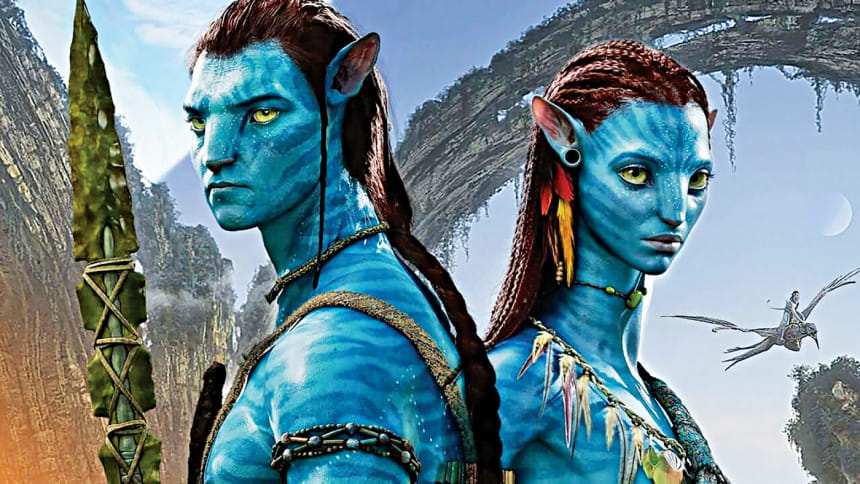
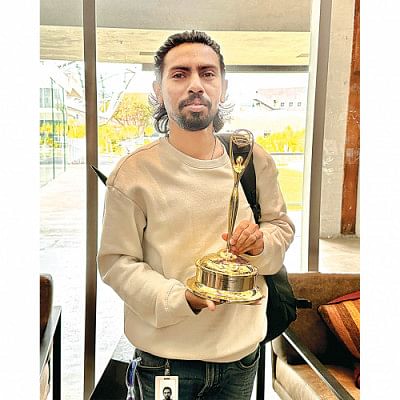
"The main problem in the Bangladeshi entertainment industry is not the technology, rather the arrogance of directors and producers, who cannot take constructive criticism."
"I used to sit in front of my computer for at least 16 to 17 hours every day, for a year. I just wanted to be the best, and this was my last hope," said Kamrul Hasan Jisan, a youth from Laksham who is now involved in making the trailers of some of the most successful film franchises – such as Marvel Studios' "Doctor Strange" and DC Extended Universe's "The Batman".
A few from Bangladesh are working in Hollywood right now, behind the making of some of the most amazing Hollywood film franchises. While some of these individuals work in the production part of the films, others are creating magic with graphics and VFX (Visual Effects).
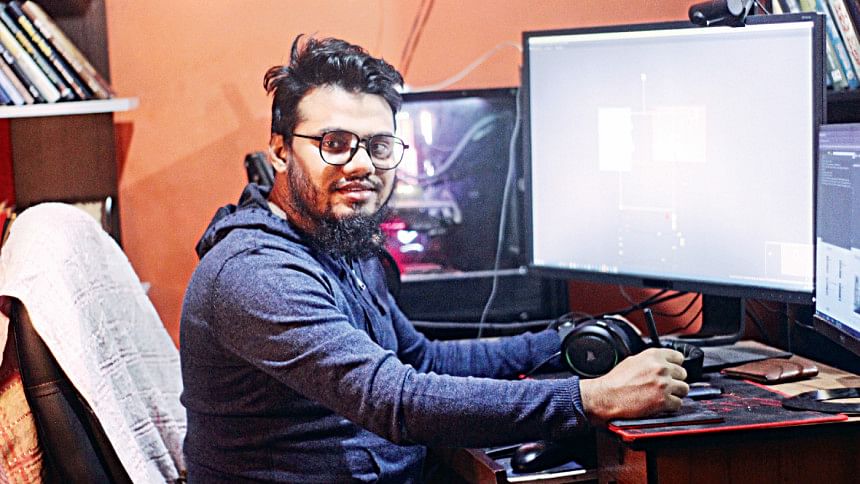
The Daily Star talked to some of these young talents, who shared their experiences in Hollywood and talked about the differences between the Bangladeshi industry and Hollywood.
Wahid Ibn Reza is one such individual, who has made a name for himself by working on several superhero films as a production manager, including Marvel Studios' popular film "Spider-Man: No Way Home."
He was associated with "Batman v Superman: Dawn of Justice" as a project coordinator. During his time at Method VFX Studios, he also worked on "Captain America: Civil War" (2016) and "Doctor Strange" (2016) from Marvel Studios.

Wahid worked with the visual effects teams of "Furious 7" (2015), "Fifty Shades of Grey" (2015), "Night at the Museum: Secret of the Tomb" (2014), HBO's "Game of Thrones," and "Angry Birds 2" (2019), among other projects. In 2017, "Doctor Strange" was nominated for the Academy Awards for Best VFX, making him part of an Oscar-nominated team.
Before moving to North America, Wahid was a familiar face in Bangladesh's entertainment industry. He played the lead in several television films and a couple of television comedy series. He was also the writer and director of the animated short film "Surviving 71."
"Our industry is quite small, and we don't have specialised people for different sectors. That's why one person has to do different things at the same time. In Hollywood, the picture is different. They are quite organised, and believe in specialisation," said Wahid.
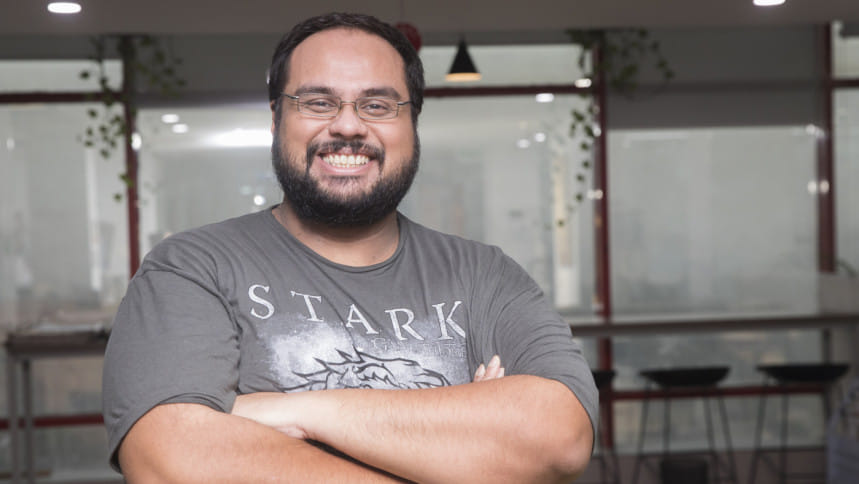
According to Wahid, Hollywood rewards effort and perseverance more so than Bangladesh, where many obstacles prevent the personal growth of artists and technicians.
However, he also thinks that things are changing in Bangladesh, as the OTT industry is making waves with high-quality content. Wahid praised the commendable work of young director Nuhash Humayun, who earned critical acclaim from abroad with his projects, "Pett Kata Shaw" and "Moshari."
"I think what Bangladesh can do to develop its entertainment industry is create various platforms to bring out the young talents in different fields, such as graphics, animation, production, and costume," said Wahid.
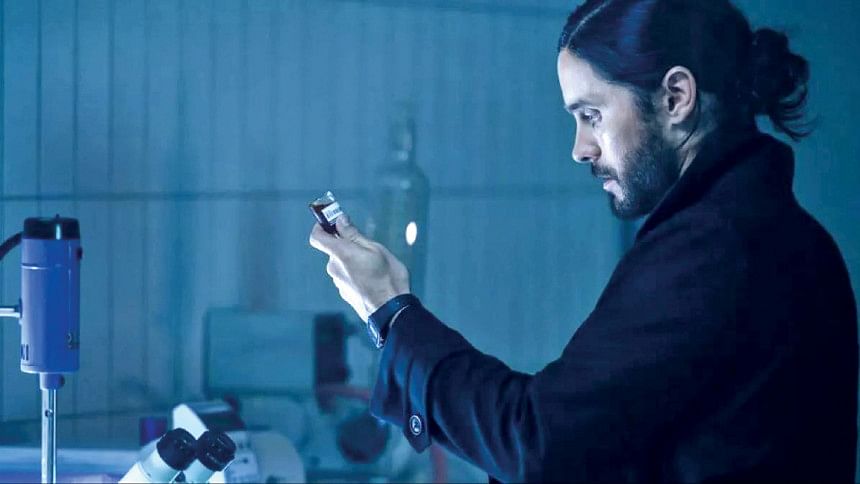
Since Kamrul Hasan Jisan watched "Lord of the Rings" in his teenage days, he wanted to work in Hollywood. He wanted to create such visuals on the screen through his work. So, eventually, he started learning graphic design online. However, the road to Hollywood was not so easy, and he struggled a lot to achieve it. After moving to the USA, he tried to continue a job in a newspaper, but that did not satisfy him.
"I always knew that I wanted to work in cinema. The thirst to work in cinema brought me to Los Angeles in 2017. It was when the Covid-19 pandemic took over the world that I left my current job to find luck in Hollywood," said Jisan.
"During the lockdown, I began pursuing my dream because there was nothing else keeping me busy. I started watching tutorials and movies and also reading articles about graphic design."
Finally, Jisan landed a job at his current company, Wild Card Creative, in November 2021 as a motion graphic designer after being rejected by more than 30 production companies.
Last year, he worked on the trailers of some exciting projects, including "Elvis", "Mafia Mamma", "The Rings of Power", "Indiana Jones and the Dial of Destiny", "Avatar: The Way of Water", "Black Adam", and "The Kardashians (Season 2)" among others.
Four of the trailers he worked on were Bronze Award winners in the Clio Awards 2022. The Clio Awards (also known as the Clios) is the most prestigious recognition in the fields of advertising, design, and communication.
When asked about the paucity of Bangladeshis in Hollywood, he said, "After an interview with The Daily Star, a lot of young people approached me, and told me that they want to work in Hollywood as well. What surprised me, however, is that they lack perseverance and dedication to their work. They don't want to learn anything new. They just want shortcuts to success."

Jisan also stated that after the interview, their company, Wild Card Creative, was eager to hire more Bangladeshi graphic designers, but he could not find anyone willing to put in the effort to work in Hollywood.
"The main problem in the Bangladeshi entertainment industry is not the technology, rather the arrogance of directors and producers, who cannot take constructive criticism," he said.
Afsara Alvee, who studied Media Arts Production at Emerson College in the USA, worked as an intern at Sony Pictures. Through her talent and hard work, she was given the job of the post-production assistant in "Fatherhood" and "Morbius", respectively.
Talking about her experience in Hollywood, she said, "I was privileged enough to work with legendary editor Pietro Scalia. Shadowing Pietro Scalia is like watching a magician perform his magic. I was involved in both movies from the beginning till the end. Being in the cutting room or on the mixing stage has always thrilled me."

"I always believe in myself and my hard work. It is true that as a person of colour, I have to prove myself on every occasion."
However, working in Hollywood as a Bangladeshi also has its challenges. When asked about the challenges she faced, Afsara responded, "Sometimes, it's hard to survive when you are the only brown girl in a room and have to explain where Bangladesh is located."
"I always believe in myself and my hard work. It is true that as a person of colour, I have to prove myself on every occasion," she added.
Afsara is currently working on "V/H/S 99" as an online assistant editor, "The Muppets Mayhem" as an assistant VFX editor, and "Guy's Grocery Games" and "Tournament of the Champion" as an assistant editor.
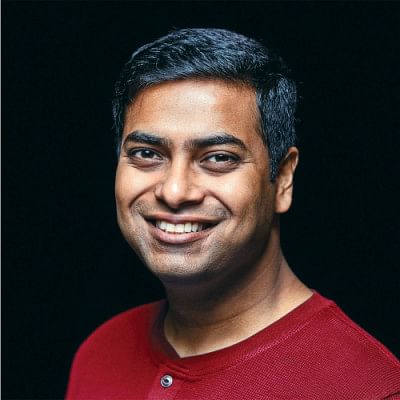
Young talents have been able to make their mark in other industries besides Hollywood as well. The multi-talented Mehzeb Chowdhury was leading a wonderful life in Bangladesh pursuing law and sports journalism. However, his artistic brilliance got 'wings' when he arrived in the UK in 2010 to take the bar exam. Two years later, he went to Durham University to pursue a Master's in Criminology and Criminal justice. There he invented MABMAT, a Mars Rover-like machine that aids crime scene analysis, which helped modernise the field.
In 2017, Mehzeb worked as a cinematographer for the feature film "Redemption", directed by Edward Collier.
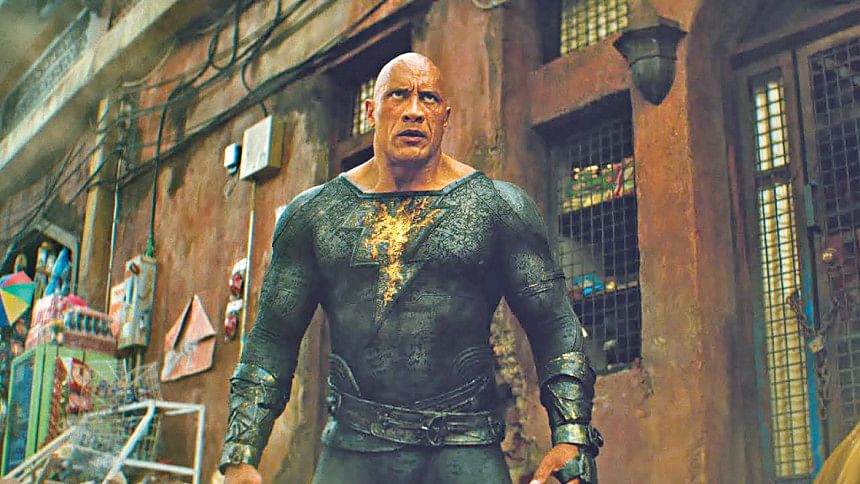
Thanks to his invention, the artist caught the attention of BAFTA, when he became the only cinematographer in the Northeast to be included in the 2019/20 Crew directory. Mehzeb has now been accepted into the (BAFTA) Connect programme, for his contribution to the British film industry.
"I got into filmmaking while pursuing my PhD at Durham University. We have a strong film society established at the premises. We made a couple of short films that did quite well on the film festival circuit.
"We managed to get into prestigious film festivals like Sundance Collab and Sundance TV. Then, I applied to the BAFTA crew programme and got the opportunity to be mentored by Linus Sandgren, who was the cinematographer for 'La La Land' and 'First Man'," he said.
Mehzeb is currently writing the screenplay for his debut feature film, which is set against a dystopian and futuristic backdrop. He wants to cast an actor from South Asia as the main lead as there is a negligible representation of them in Hollywood.
"In the past, I wanted to be an actor. But when I got into this industry, I realised that representation matters. I want younger people to watch films and think that they could be that person on the screen. I started an organisation called South Asian Film Television and Arts Collective (SAFTAC) with two of my fellow BAFTA crew members – Haresh Patel and Shawn Basheer ."
SAFTAC now has over 1,000 members who work for representing the South Asian creatives' interests in the UK and US.
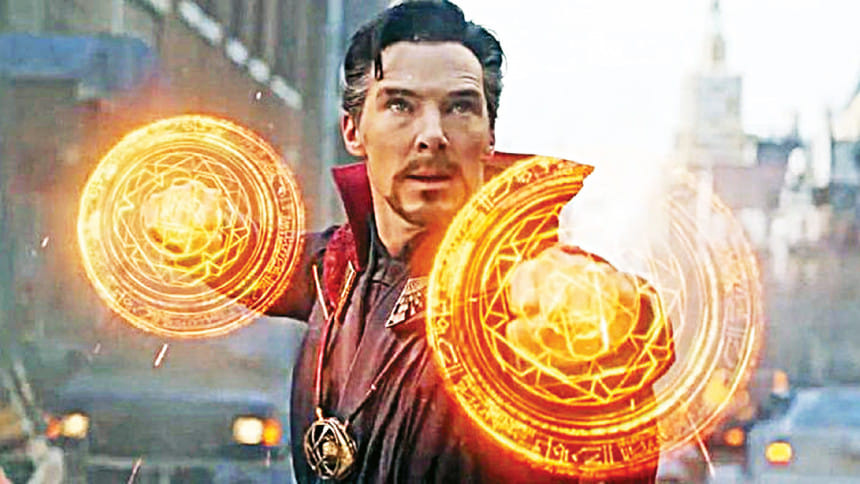
Then there is the story of Mazharul Islam Shuvo, who completed his Bachelor's degree in Electrical and Electronics Engineering from a private university in Bangladesh. Although he studied engineering, he was always passionate about animation and visual effects from a very young age. After completing his studies, he started to learn visual effects online because there are no institutions in Bangladesh that teach VFX and animation.
Later, he found a VFX training course offered by Cycore Studios in Bangladesh. He did not want to miss the opportunity to learn it. He also took a course on animation led by the same institution.
"After completing the courses, I came to learn that I have just started creating little footprints in this huge world of the CG industry. As the CG industry in Bangladesh is not so big and well-reputed, I started to apply for jobs in international studios through LinkedIn, but was rejected from every one of them," said Shuvo.
After a lot of rejections, he finally got the chance to work remotely as a digital compositor for Los Angeles-based visual effects company Ingenuity Studios.
"As a digital compositor, I finalise all the visual effects by assembling the different elements (green backgrounds, 3D elements, high-resolution pictures, etc.) to achieve the final coherent plan needed to optimise the artistic quality of a project."
"So far, I have worked on 'A Million Little Things,' 'Young Rock', and 'Let the Right One In'. As I work remotely from Bangladesh, it's easier for me to work as they have very efficient technologies that help me coordinate with them better."

During his time at Cycore Studio, he worked on the Bangladeshi animation film "Tomorrow," which won the award for "Best Animation Film" at the Cannes World Film Festival (August 2021).
When asked about the differences he felt between the Bangladeshi CG industry and Hollywood, he replied, "The differences are huge. Even if I had three years of experience in the industry, I would not have been able to secure a job in Hollywood with my skill set. I had to learn a lot," said Shuvo.
"The main difference, in my opinion, is that our CG industry is quite small compared to Hollywood, and with a limited budget. I also feel that the directors and filmmakers in our country have very little knowledge about this industry. So, they don't know how to use it properly," he added.
Just like Jisan, Shuvo also echoed the same opinion about the mentality of filmmakers and directors in the CG industry.
"We have the same technology as Hollywood. We use the same software. However, most directors in Bangladesh focus on getting the work done quickly rather than focusing on the quality of the project," said Shuvo.
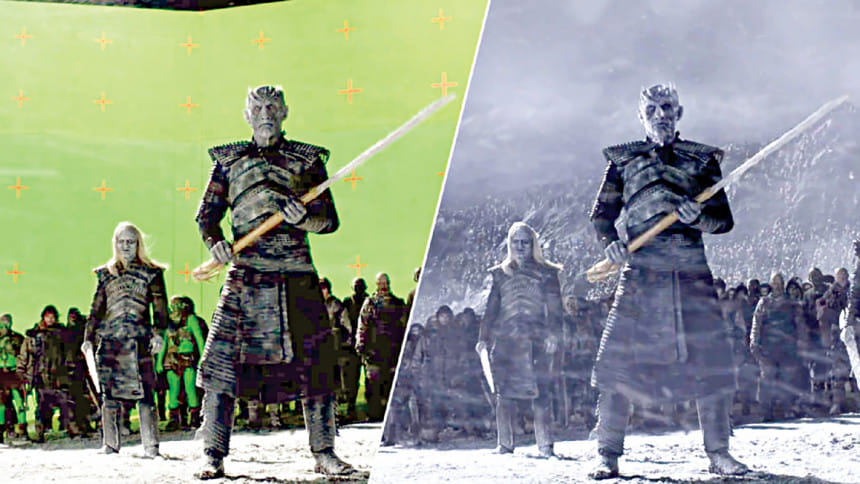
Shuvo thinks that Bangladesh's CG industry needs training in animation and visual effects for it to grow.
"There is no alternative to learning. In our media industry, it's the most common problem. After a certain time, they don't learn anything new and don't put much effort into their work. In our industry, we don't have a balance between art and technology. The directors should look into that matter. Only then our CG industry can flourish," said Shuvo.
In our country, many young cinephiles want to work in Hollywood but don't know where to start. We asked these young professionals for some tips for the aspiring youth of our country who choose this road despite the obstacles.
They all agreed on the same notion– there is no substitute for learning, and also watching quality content. It's also important to remember that there is no shortcut to achieving success.
"I was a little girl from a small town, and my classmates used to laugh at me. But I never gave up on myself, that's how you win half of the battle. The biggest advice I could give is to believe in yourself, and never give up on yourself. Regardless of what your major is in school or what background you come from, as long as you think you can do it, nothing can stop you from achieving your goal," Afsara concluded on an optimistic note.

 For all latest news, follow The Daily Star's Google News channel.
For all latest news, follow The Daily Star's Google News channel. 



Comments